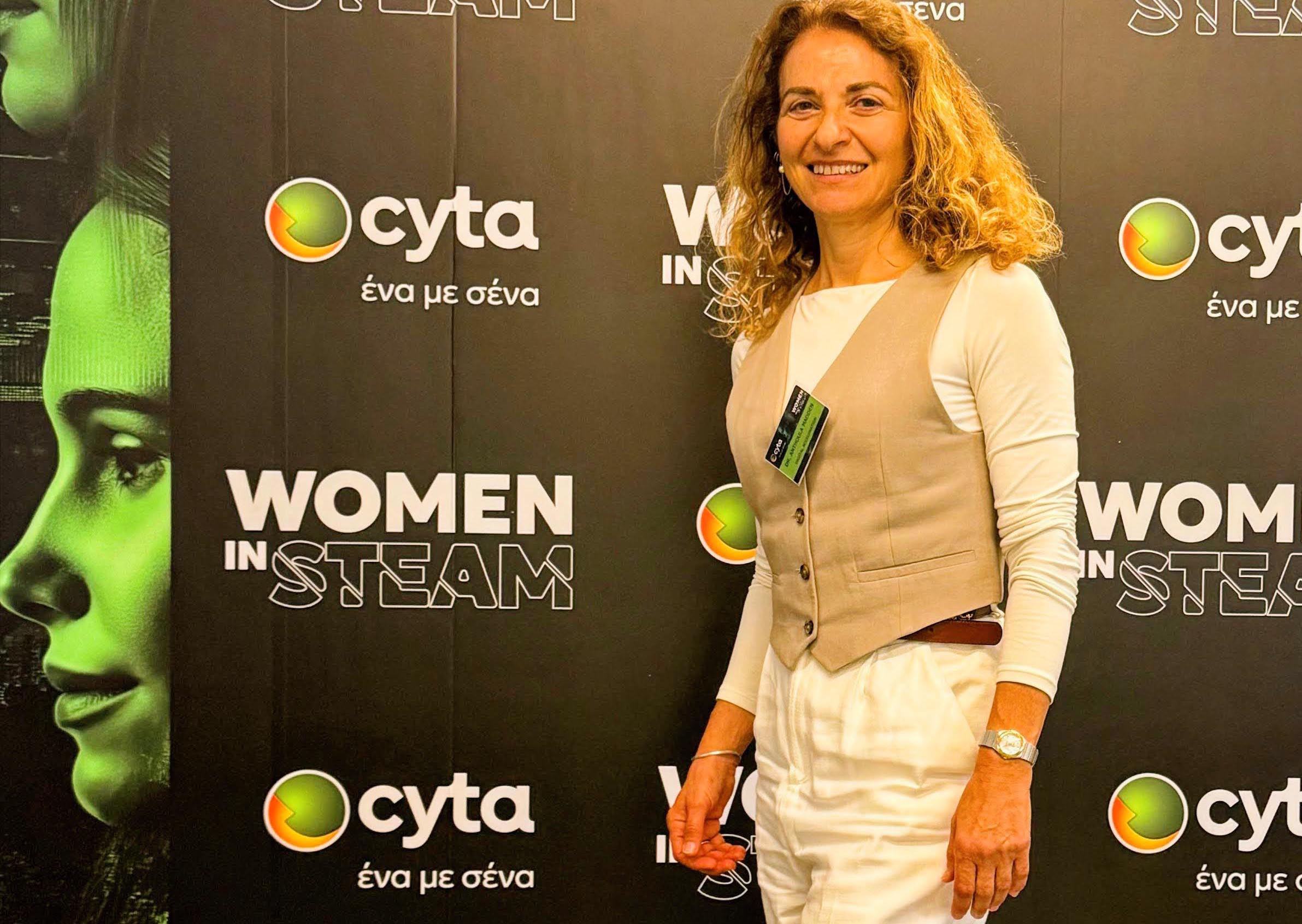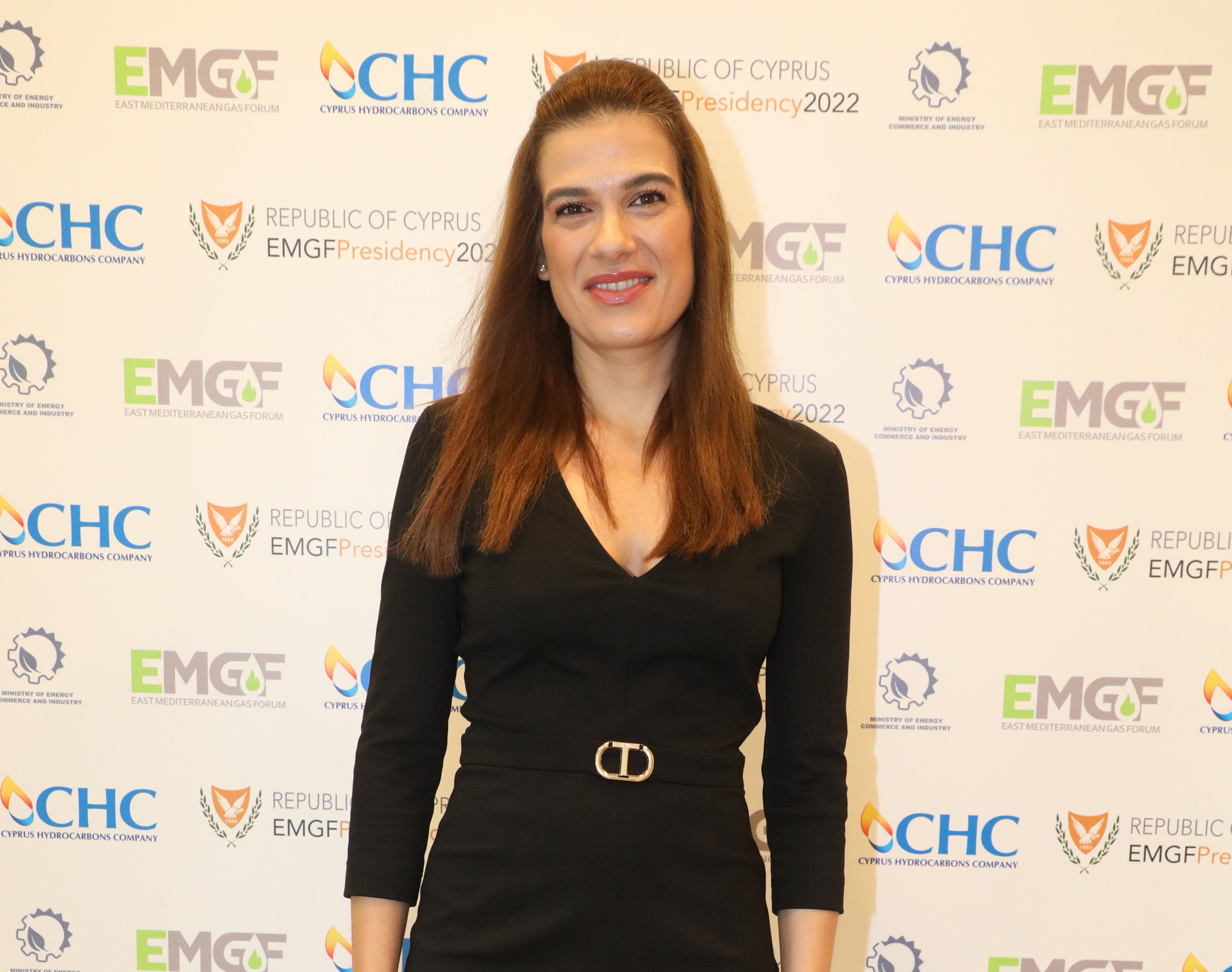Girls statistically do better than boys at all levels of education, but this is not reflected in the work place. But there are Cyprus women who have broken the mould
By Christina Michailidis
Even when women are equally skilled and qualified, they are often less likely than men to put themselves forward for promotions, leadership roles or new opportunities, what is known as the ‘confidence gap’. This gap is noticeable across a number of industries but particularly pronounced in STEAM fields (science, technology, engineering, arts, and mathematics). In Cyprus, women make up a third of STEAM graduates but as is in most of the world, fewer of them progress to hold senior or leadership roles.
In academia it is the same story, while 66 per cent of PhD graduates in 2021 were women, they only hold about 14 per cent of top academic positions and just 11 per cent of higher education leadership posts. This pattern reflects a wider trend across Europe where women remain underrepresented in leadership roles, despite their high qualification levels.

Research also points to confidence as a factor: a global study across 250 seminars found that women ask fewer questions compared to men, often citing “not having the nerve” rather than lack of competency. These findings suggest that even though women excel academically, the leap from being qualified to a visible leader remains hard in Cyprus and elsewhere.
However, there are women who have challenged these expectations and carved their own paths in male-dominated fields. Their experiences demonstrate not only the challenges but how they can be overcome.

“Firstly, you must do your homework – confidence comes from believing you know your stuff,” says Dr Anthoula Madden, a leader in digital transformation and managing director of Digital Acceleration.
“You need to believe in yourself and work hard to achieve your goals… that means putting yourself first. Secondly, don’t be afraid to ask for advice. As some professions are very male-dominated, I have often asked men to be my mentors as well as women”.
Madden discusses how women excel in STEAM education only to falter at the transition to the workplace: “Women excel in STEAM at school and at university and yet, as they as they step into the workplace, they seem to fade away. They need to be more demanding as they step up to new roles but also believe in themselves.”
Mentorship and networks, she adds, are essential: “Noone has all the answers so you need to build a network to help you along the way.”
Taking risks has also been part of her growth. When a client offered her a role as Chief Digital Officer, she stepped outside her comfort zone, “It paid off. I learned so much about being on the other side of the fence… it helped my career”.

Former Energy Minister Natasa Pilides is forthright about the fact that self doubt does not disappear with career success. “I still encounter it today,” she admits. “I think it’s a fallacy to believe we can magically eliminate self doubt and anxiety. What I’ve learned is how to manage it better, by recognising negative self talk and either stopping it in its tracks or channeling it into motivation and determination to succeed”.
For Pilides, confidence is learned through experience: “Think of the difference between your first public speech and your hundredth: practice, not some magical sense of confidence, is what calms your nerves. Once you throw yourself into the sea, you have to learn to swim and you will.”
For those who aspire to leadership but lack confidence, Pilides advice is “Analysis causes paralysis… so think less, do more. Confidence grows when you act, not when you stand still”.

“Many times in my life I felt invisible,” adds ISOTECH Co-Founder and AKTI Founder Dr Xenia Loizidou. “I would say something in a meeting and then a man would repeat it and everyone would applaud. And I would think – I just said that!”.
For Loizidou, the confidence gap was most acute not among colleagues but in leadership spaces, “I had problems when I started participating in board of directors at the higher levels. I felt the glass ceiling, I felt I was not visible”.
Her advice is simple: “Knowledge and support – from family, colleagues or mentors, this is what builds confidence. And stand up for your rights”.
Self doubt, General Manager of TechIsland and Country Director of Women in Tech Cyprus Tanya Romanyukha agrees is another challenge. “Having the ‘Grade A Student’ mentality, I sometimes find myself overthinking, worrying about how things will be perceived. I choose to act anyway, to trust my instincts and beliefs, and to learn to lean on support when needed”.
For Romanyukha, the key is not waiting until you feel ready: “One of the differences we often see is that men apply for opportunities even if they meet half the requirements, while women wait until they feel fully prepared. My advice is: don’t wait. Do it anyway. Act early, make mistakes, and learn from them”.
They all agree: confidence is not something you wait for but something you build. And the message is clear. Step forward even when uncertain and lean on networks and mentors that are there to provide you with support.






Click here to change your cookie preferences